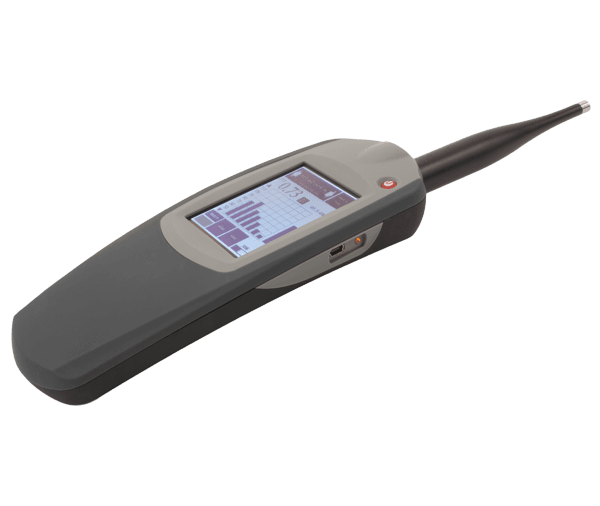Calibration is a fundamental process that applies to various types of measuring instruments, ensuring their accuracy, reliability, and traceability. Calibration involves comparing the readings of an instrument to a known reference standard or a traceable measurement.
Here are the key reasons why it is necessary to calibrate instruments:
- Accuracy and Reliability: Over time, instruments can experience drift or deviation from their original calibration. Factors such as environmental conditions, aging components, or mechanical stress can impact instrument performance. Calibration ensures that instruments provide accurate and reliable measurements by correcting any deviations and aligning them with reference standards.
- Compliance: Many industries operate within specific standards, regulations, or guidelines regarding measurement accuracy. Calibration ensures that instruments meet the required specifications and comply with regulatory requirements. It allows businesses to demonstrate adherence to standards and regulations, ensuring confidence in measurement data.
- Quality Assurance: Calibration plays a crucial role in quality assurance processes. It verifies the instrument’s performance, ensuring that it meets predefined specifications and tolerances. Calibrated instruments provide reliable data for decision-making, research, or product validation, leading to improved overall quality control.
- Traceability: Calibration establishes a traceable chain of measurement. By comparing an instrument’s readings to a reference standard, the measurement uncertainty can be determined, and traceability can be established. Traceability allows for the comparison of measurements across different instruments, laboratories, or locations, ensuring consistency and comparability of results.
- Preventative Maintenance: Regular calibration helps identify potential issues or malfunctions in instruments before they become significant problems. It allows for the detection of drift, calibration errors, or mechanical faults, enabling timely maintenance or adjustment. Calibration can extend an instrument’s lifespan by addressing minor issues and ensuring optimal performance.
In summary, calibration is a critical process that ensures the accuracy, reliability, and traceability of measuring instruments. It enables compliance with standards, enhances quality assurance, establishes traceable measurements, and facilitates preventative maintenance. By calibrating instruments, organisations can have confidence in their measurement data, make informed decisions, and meet regulatory requirements.









